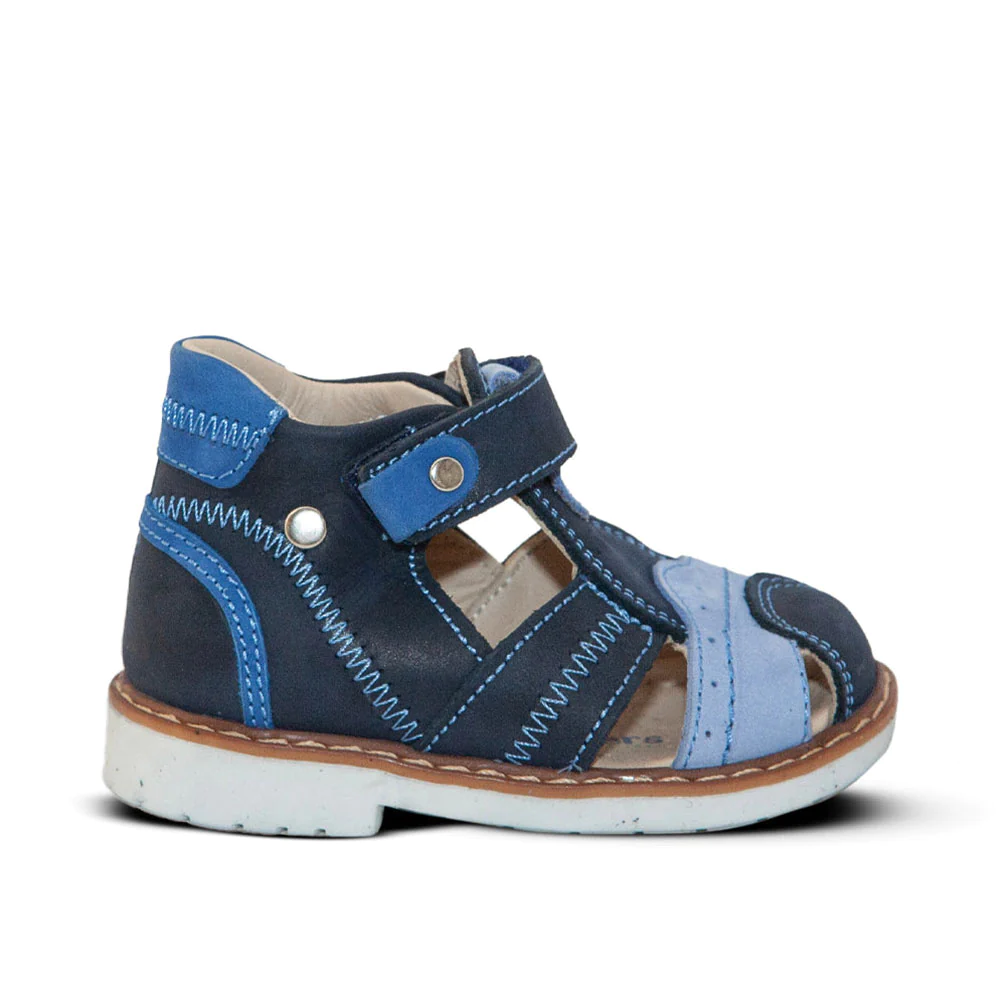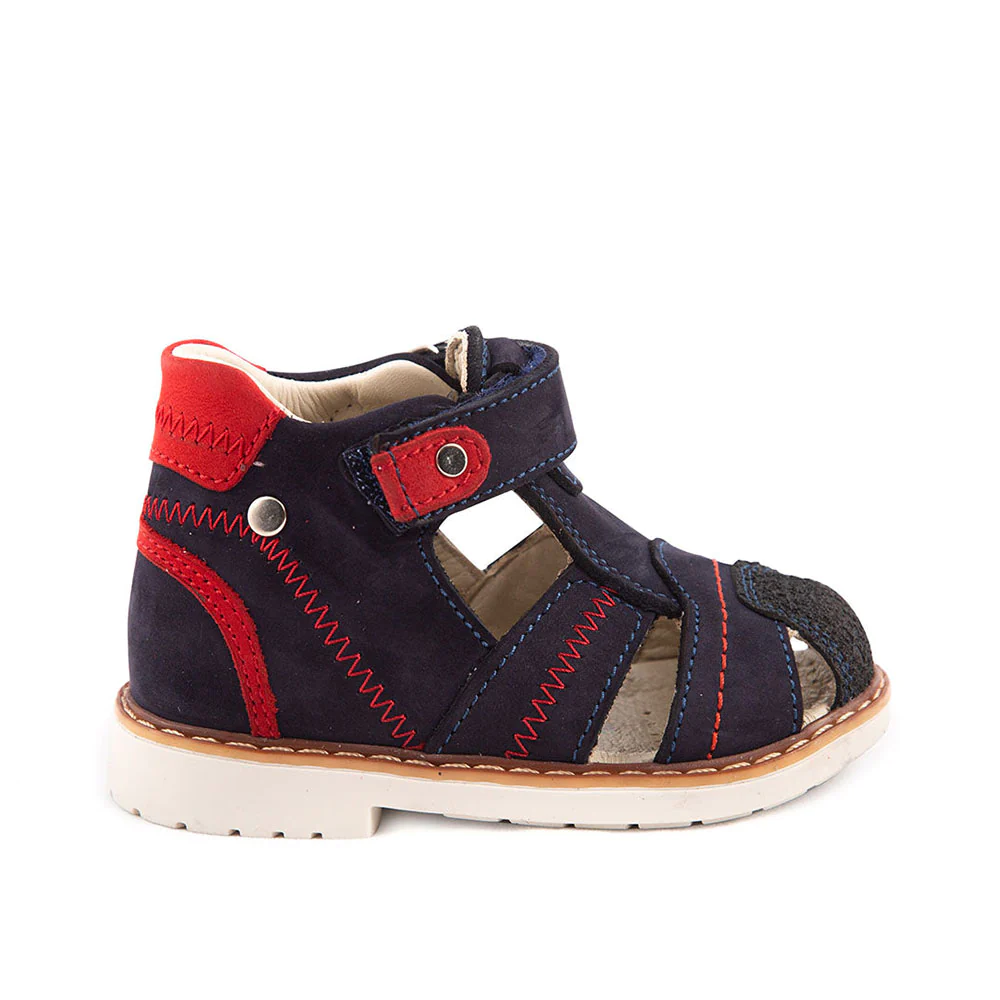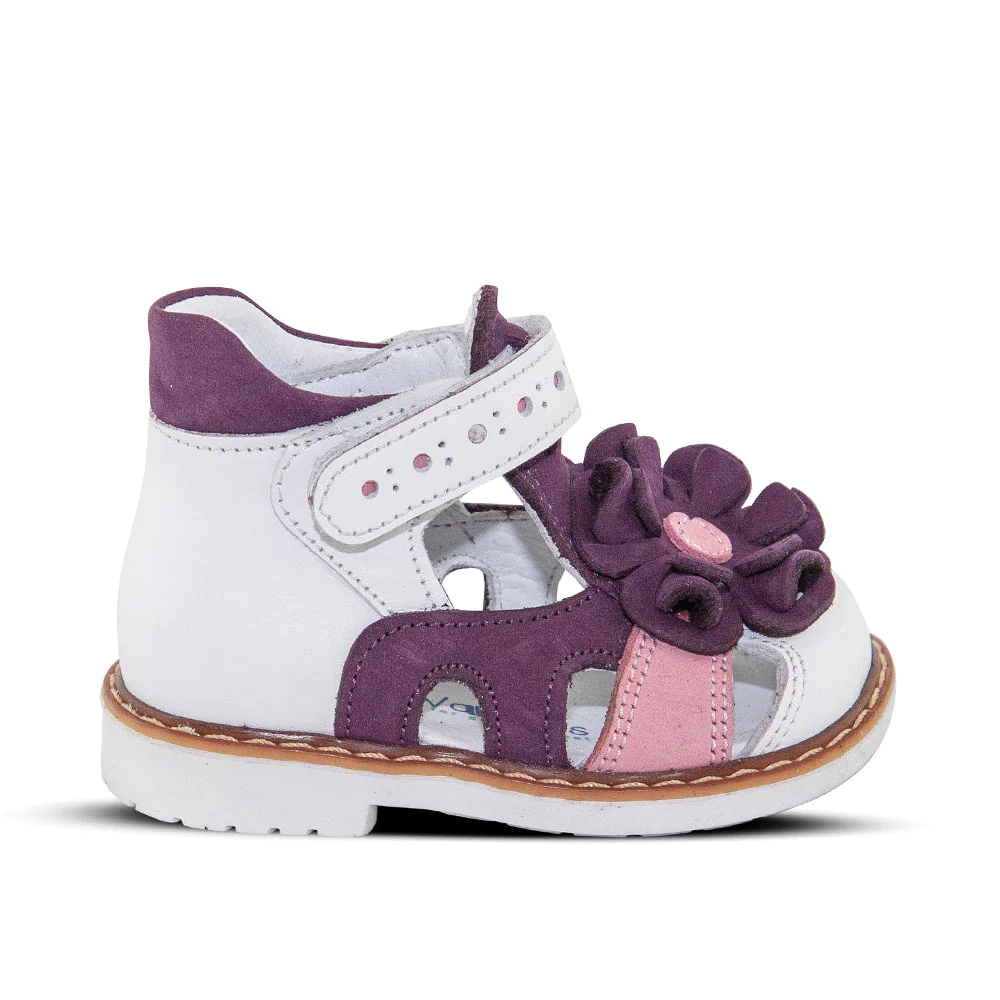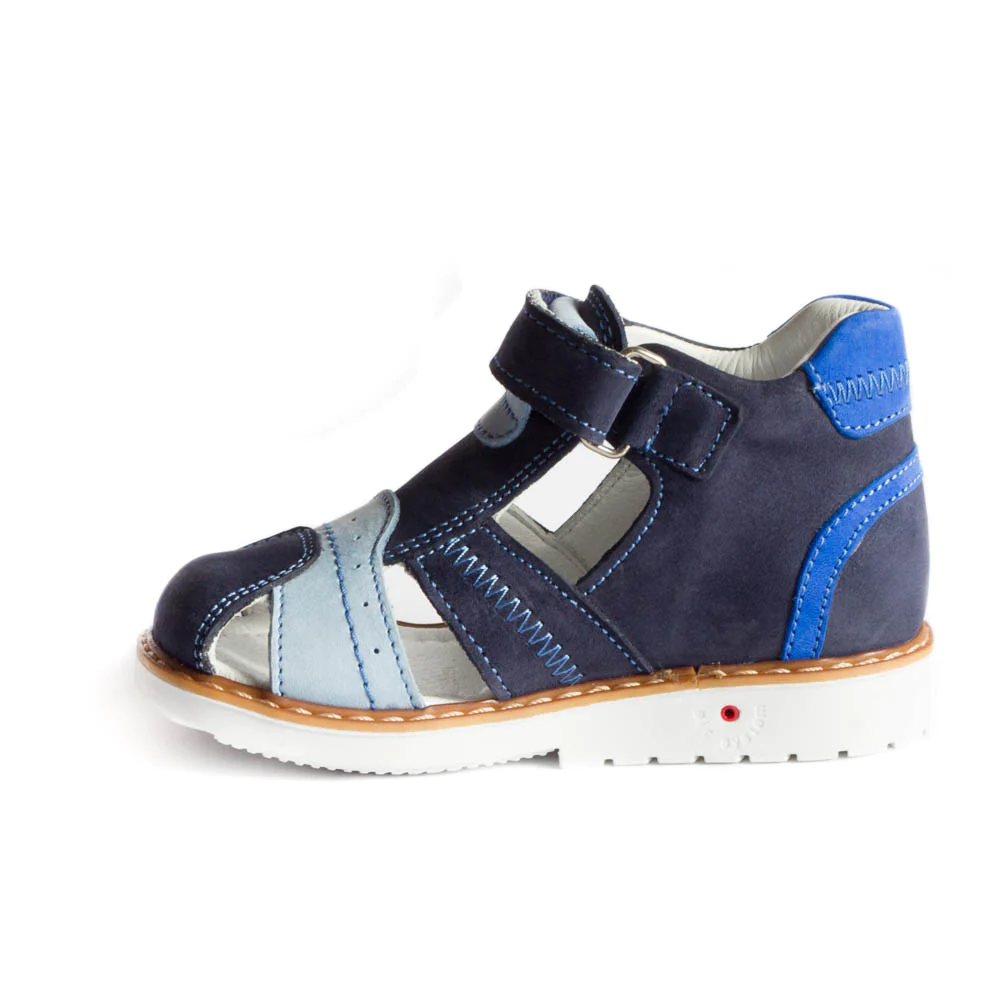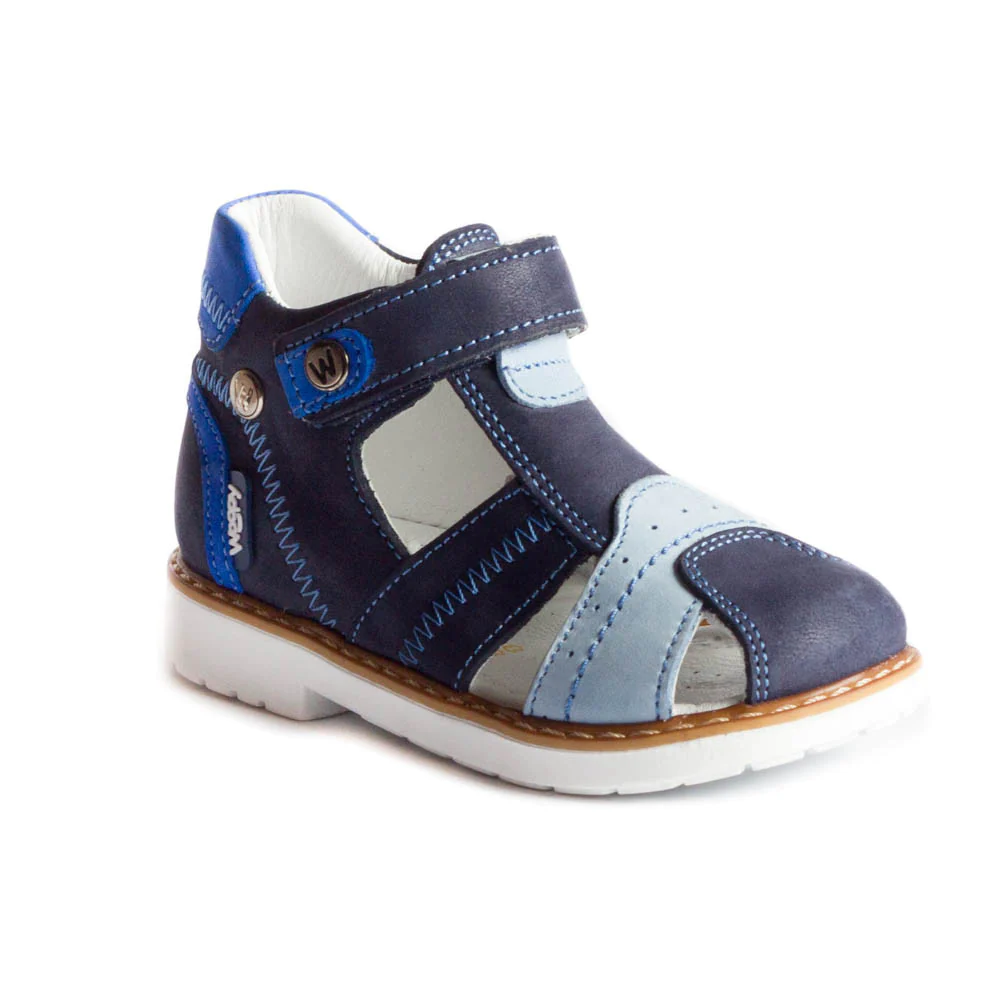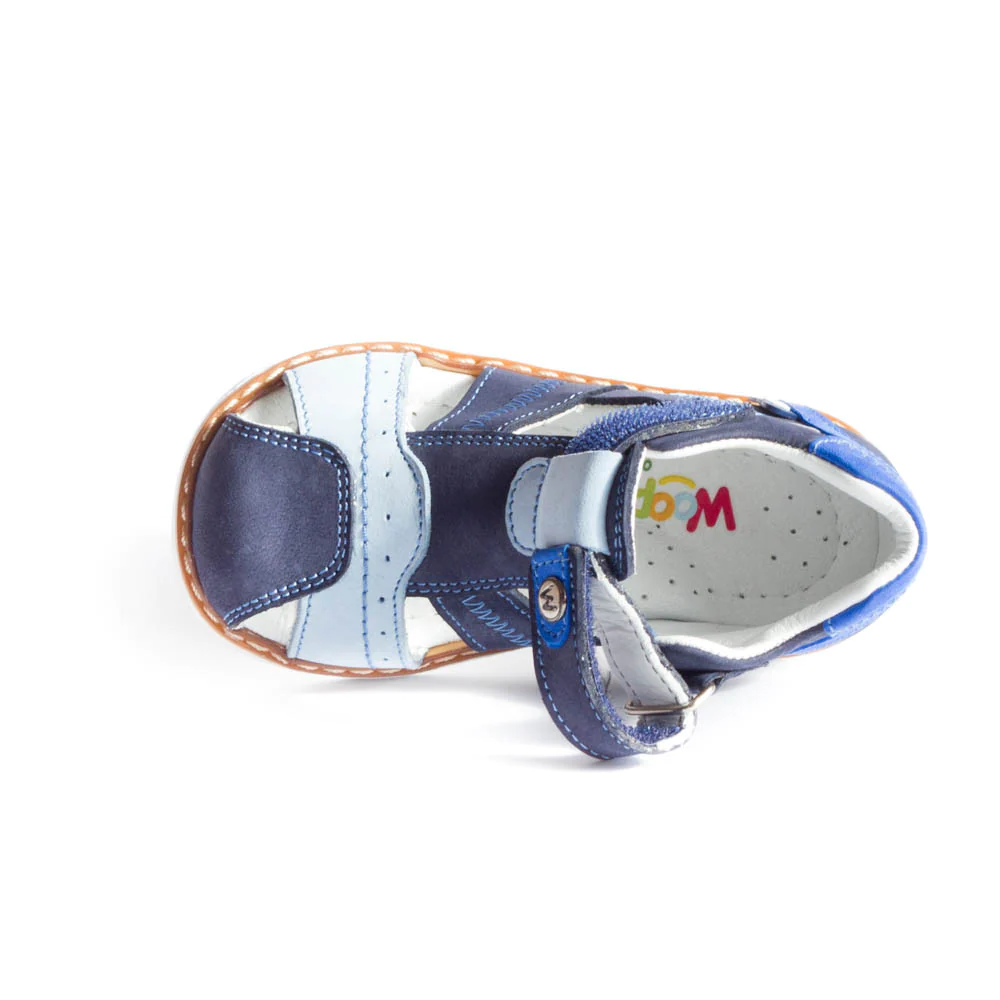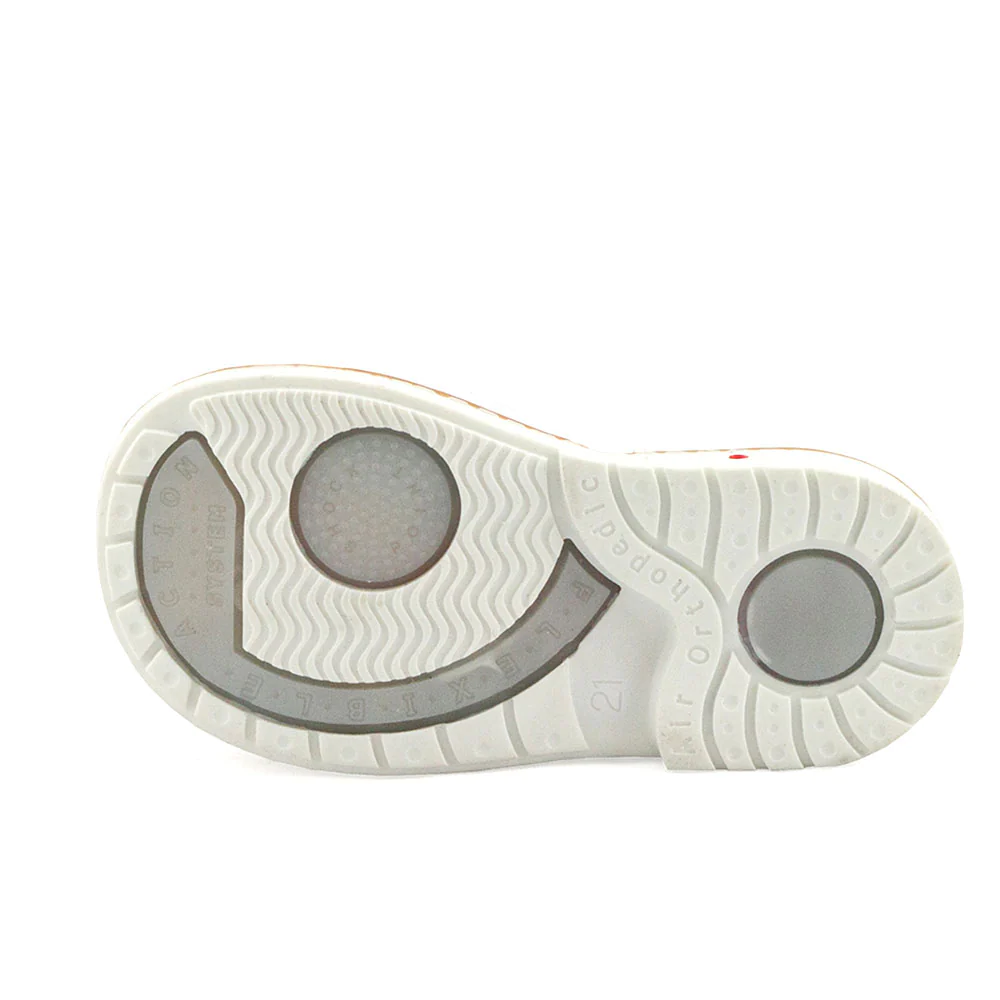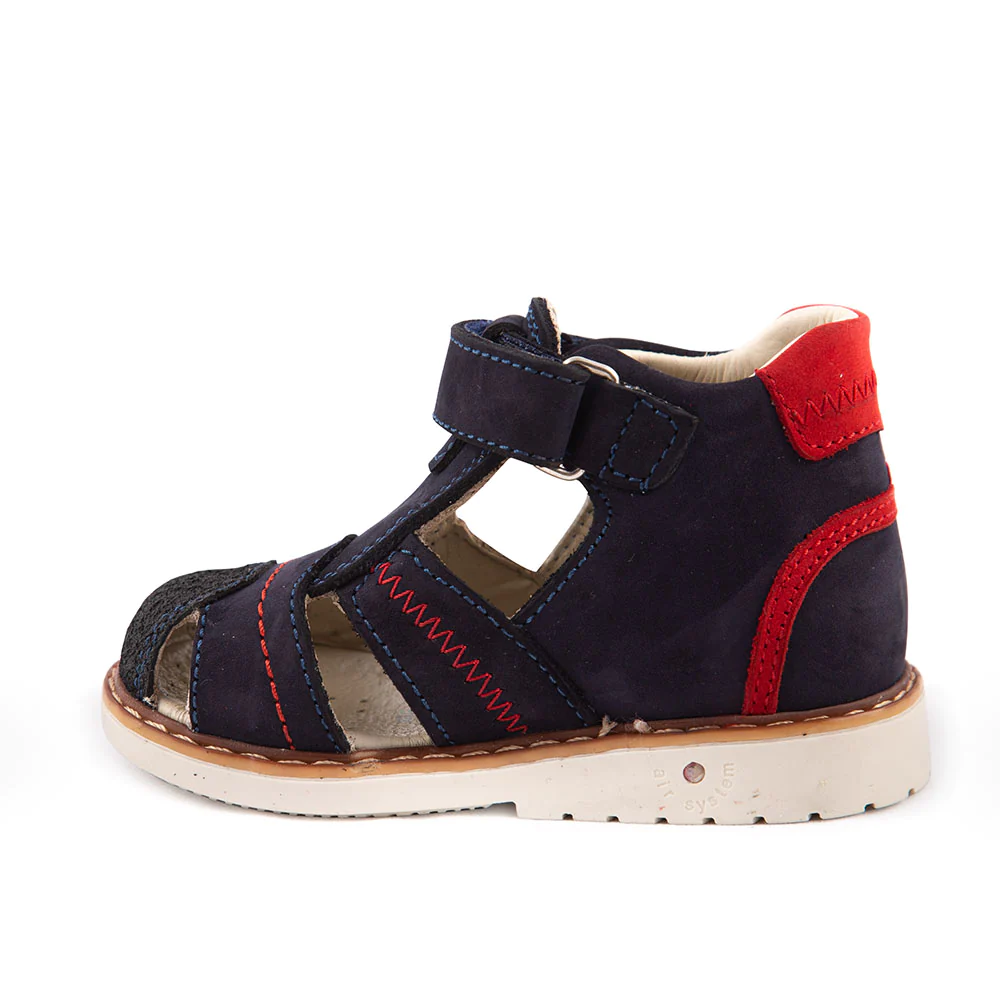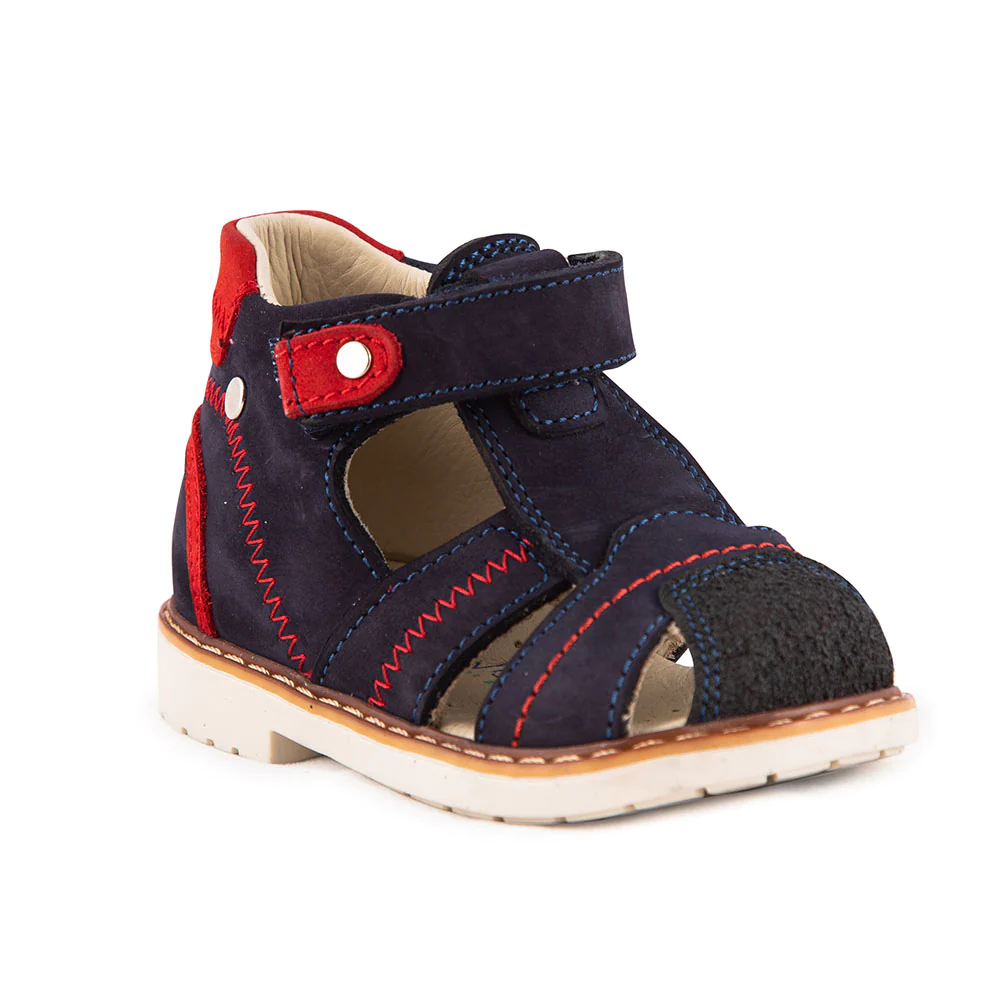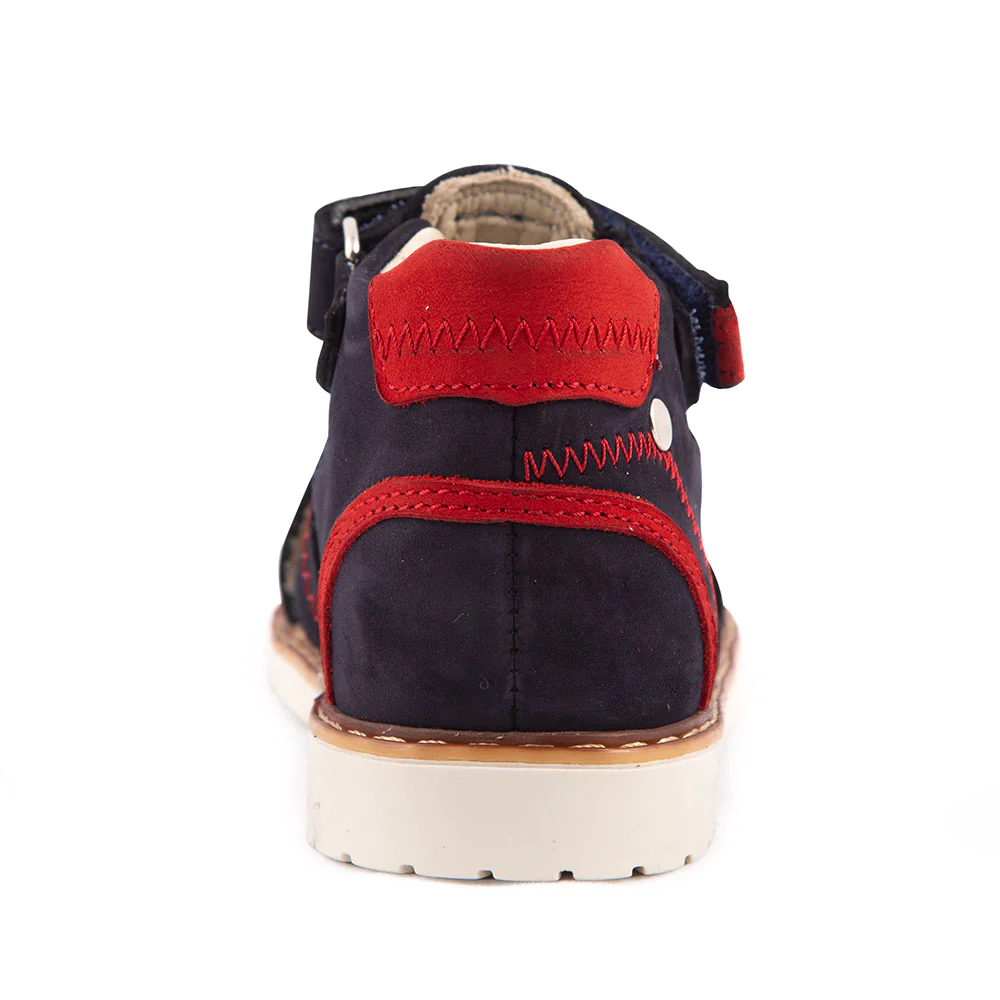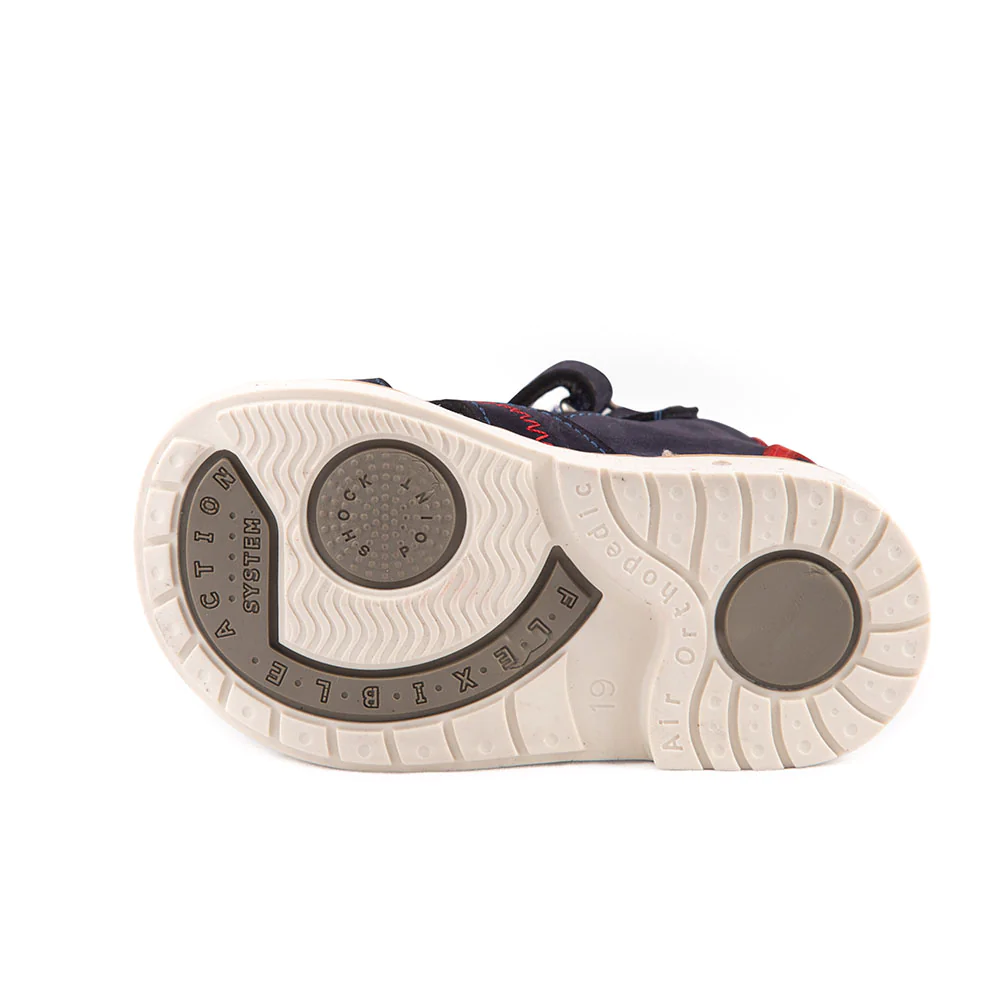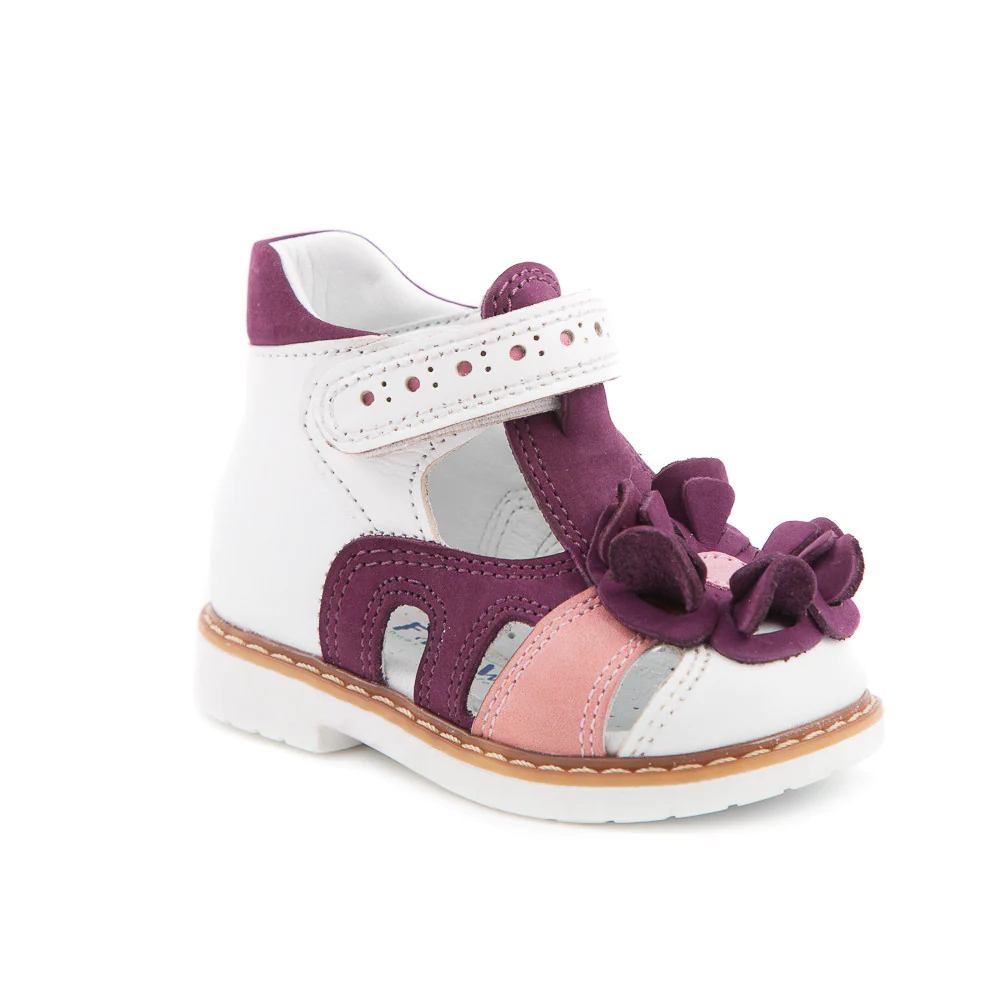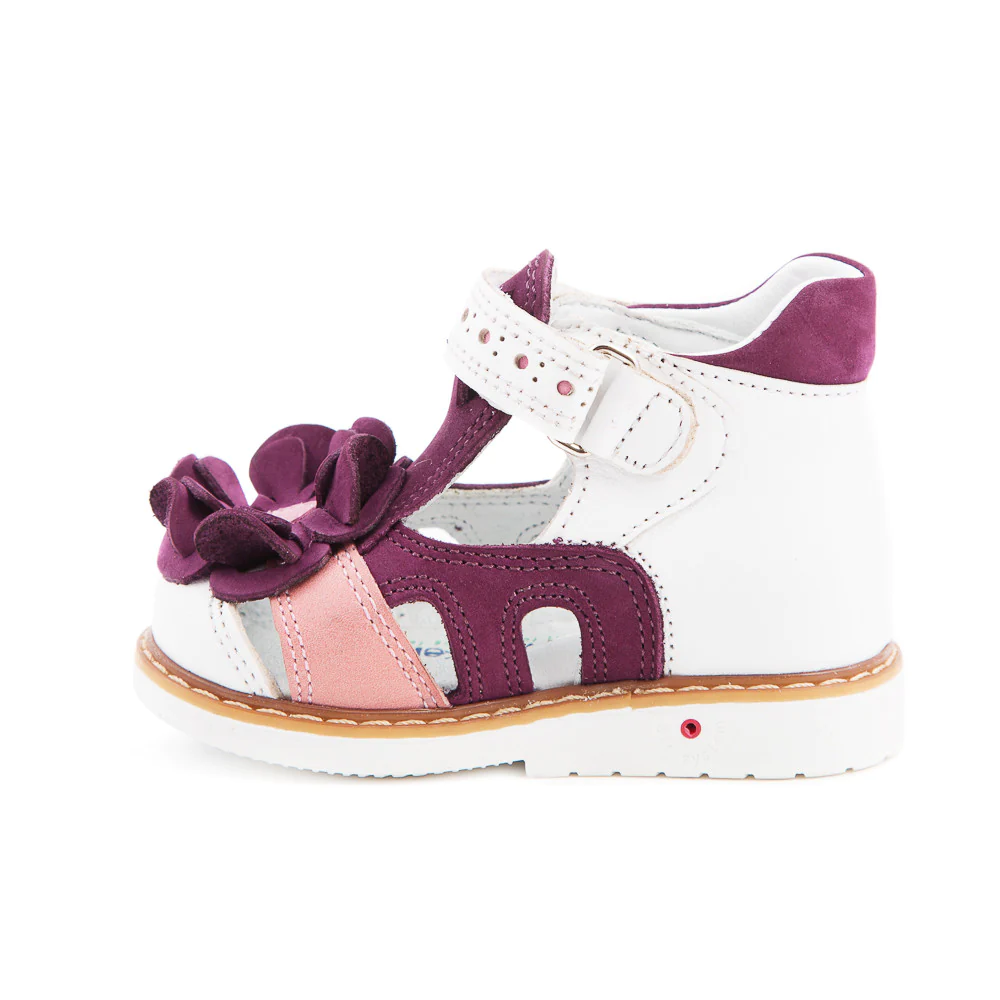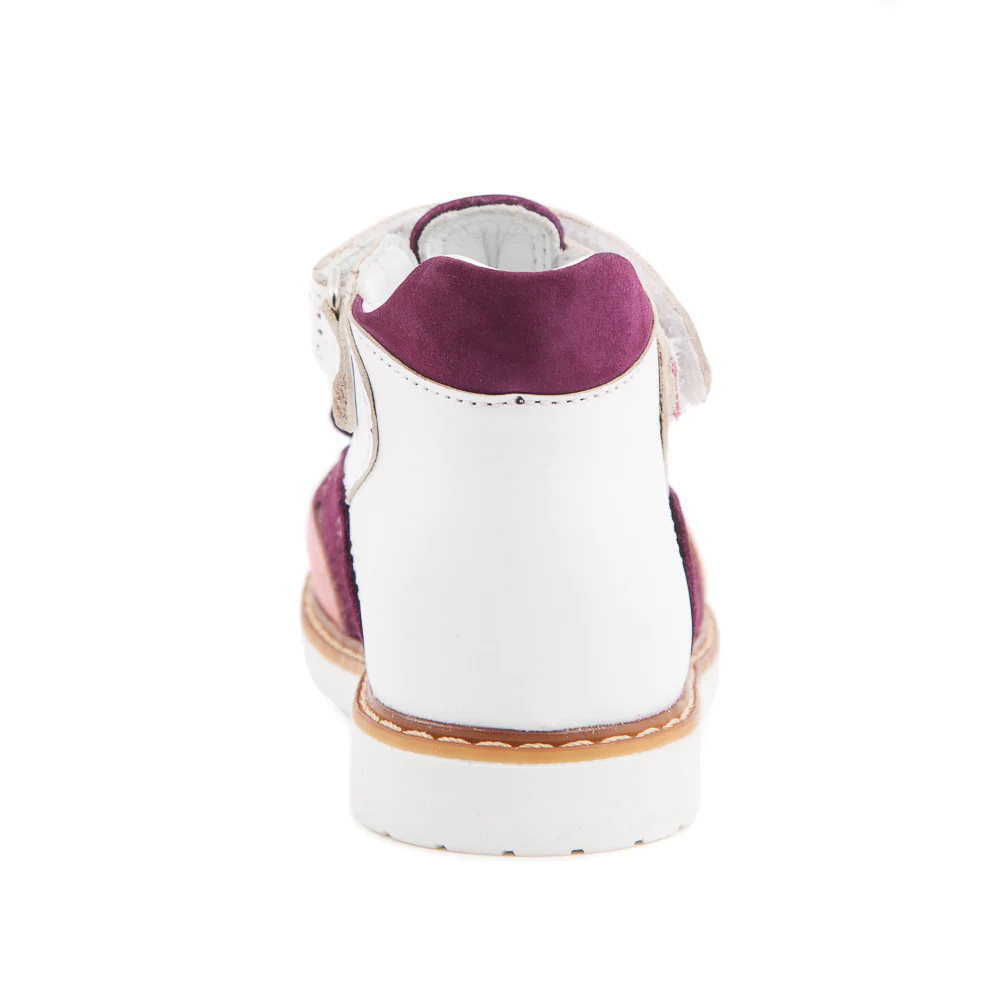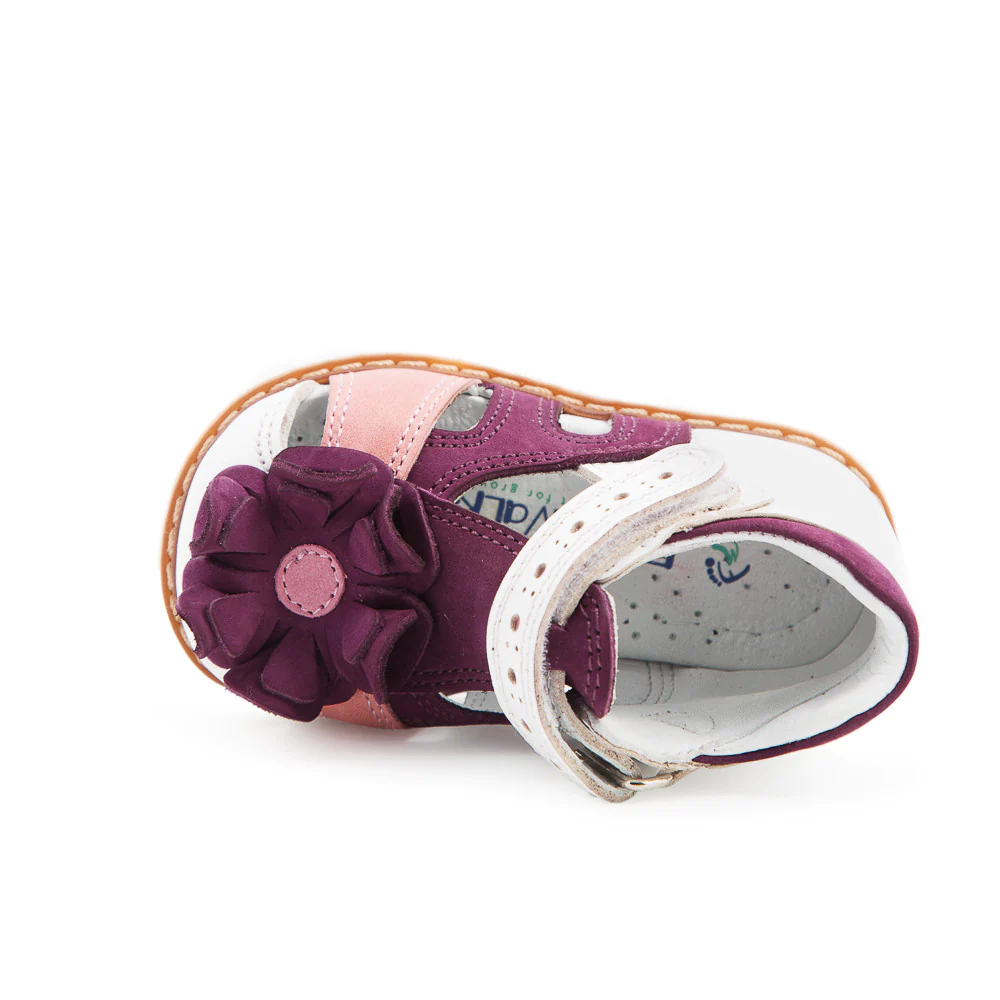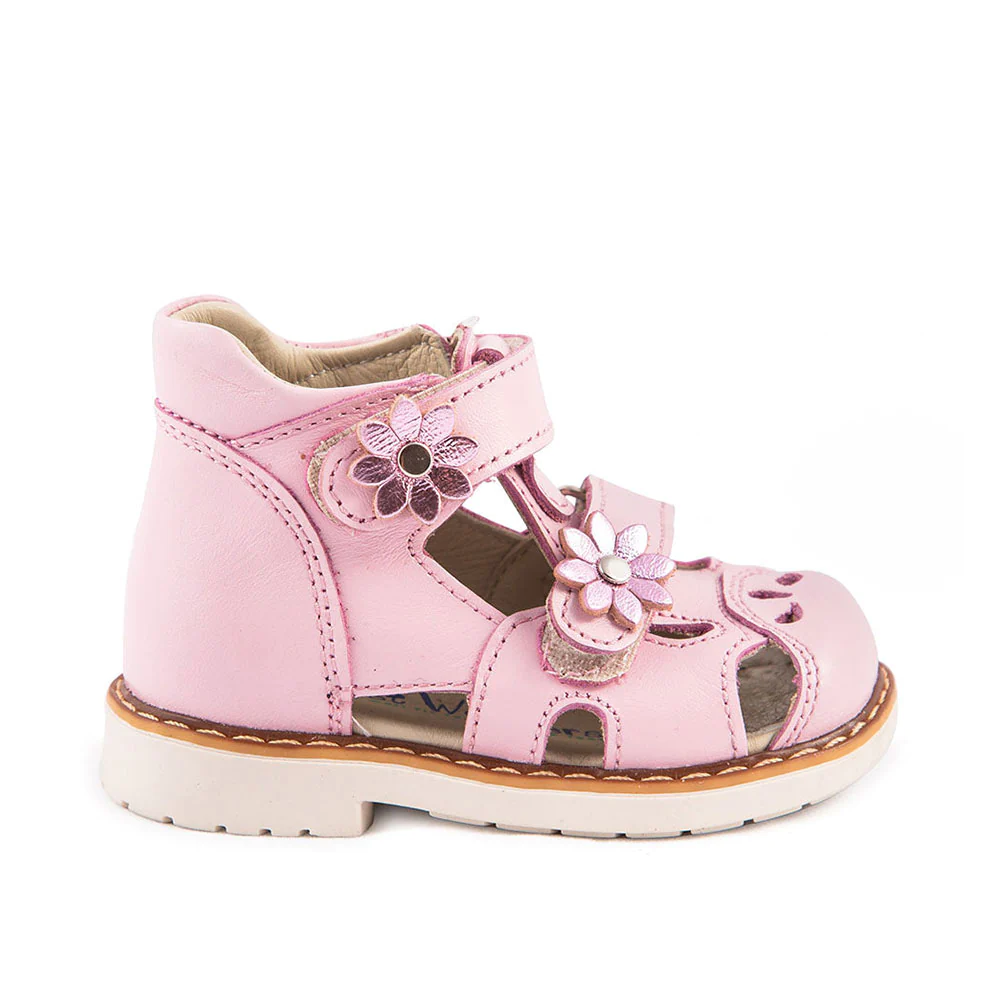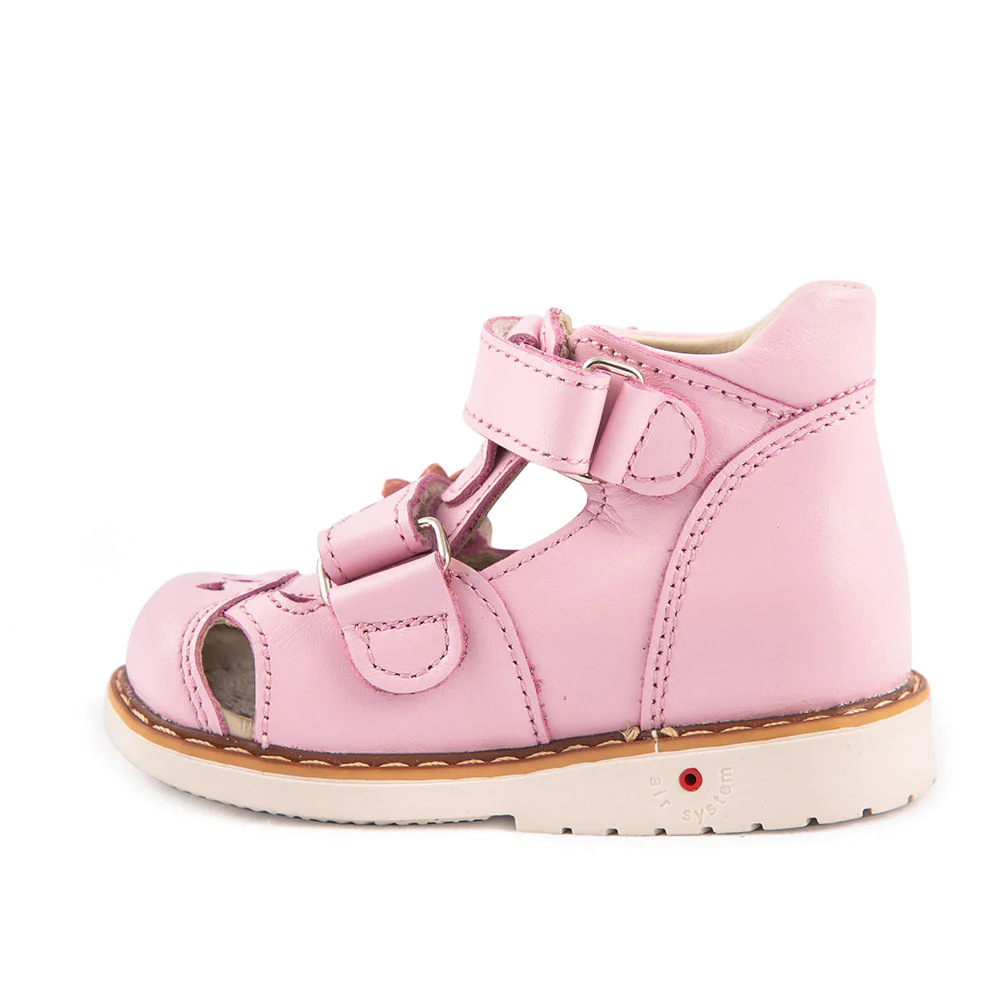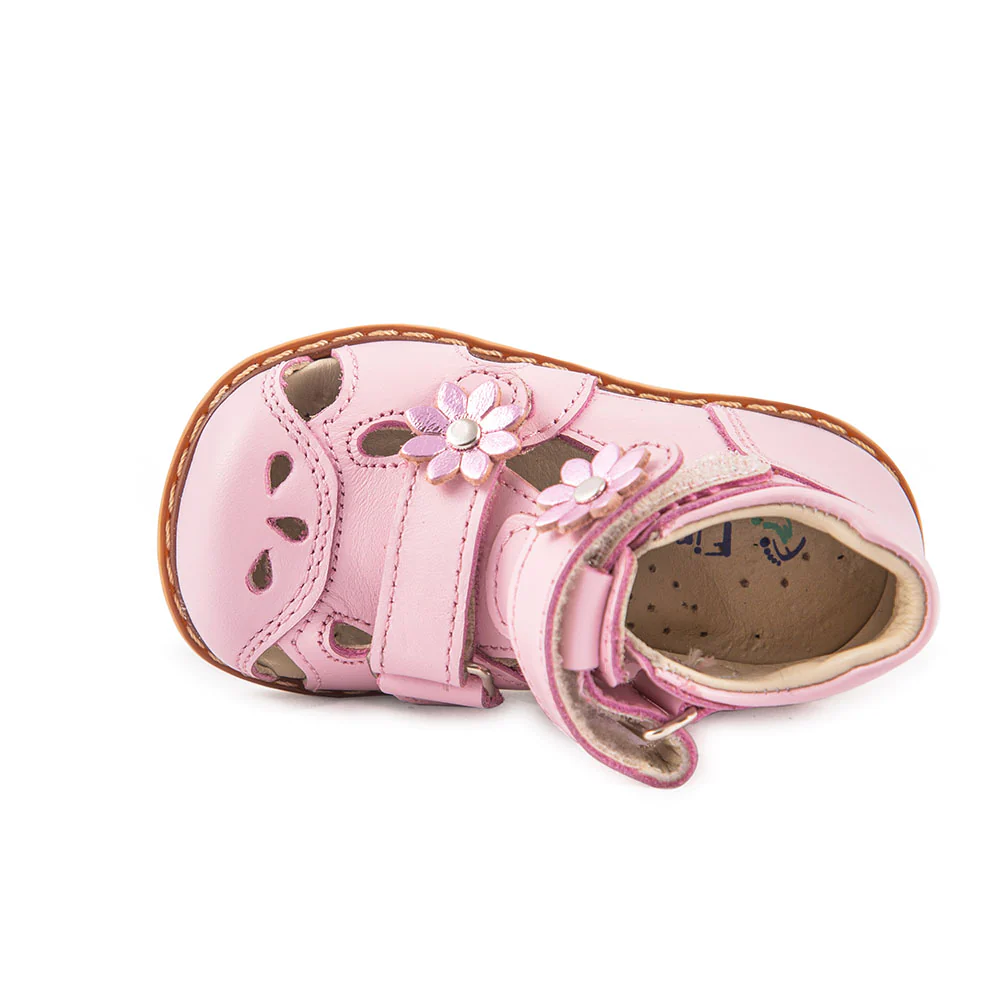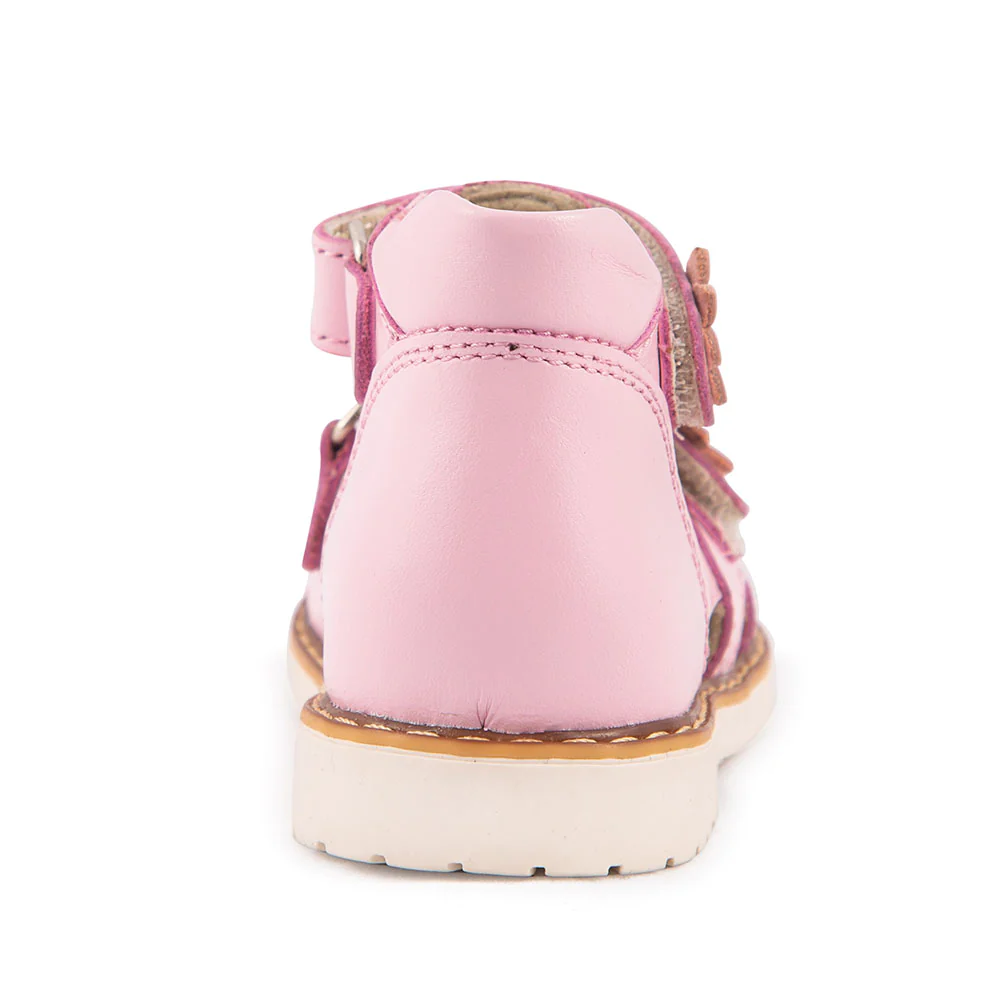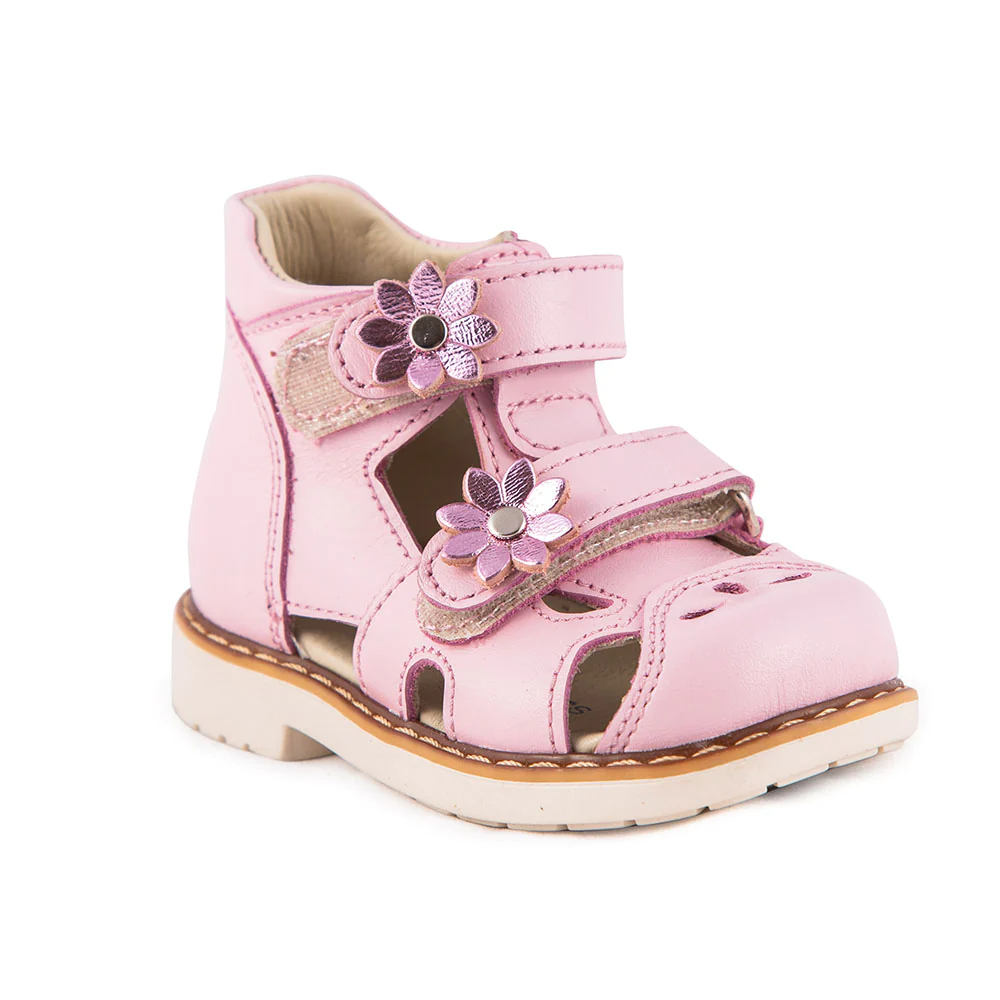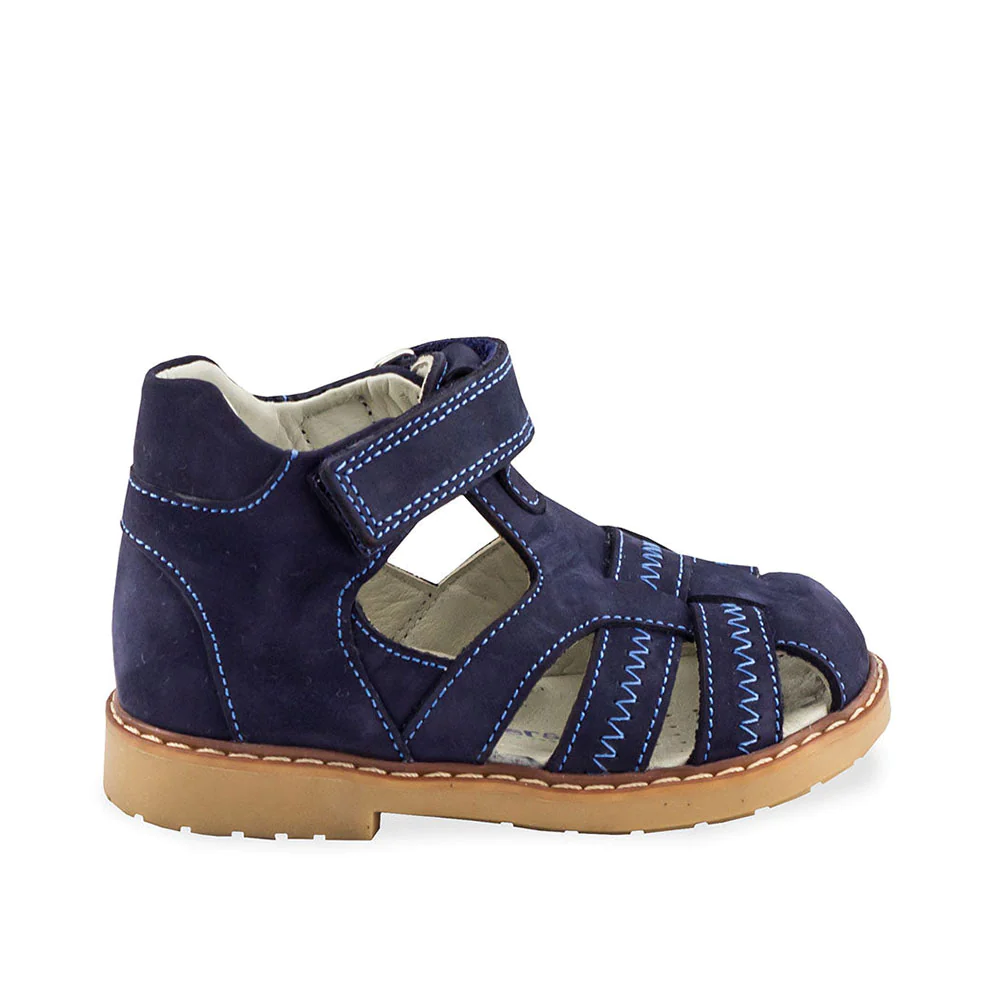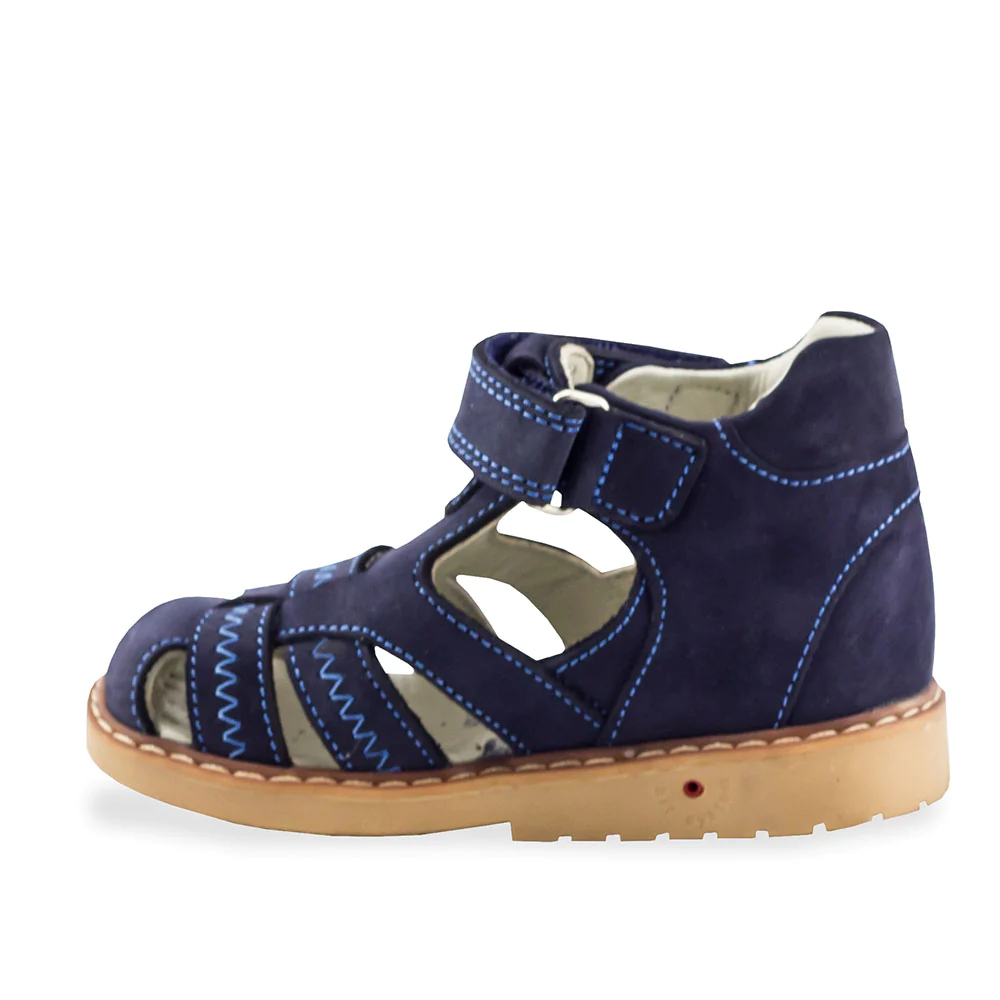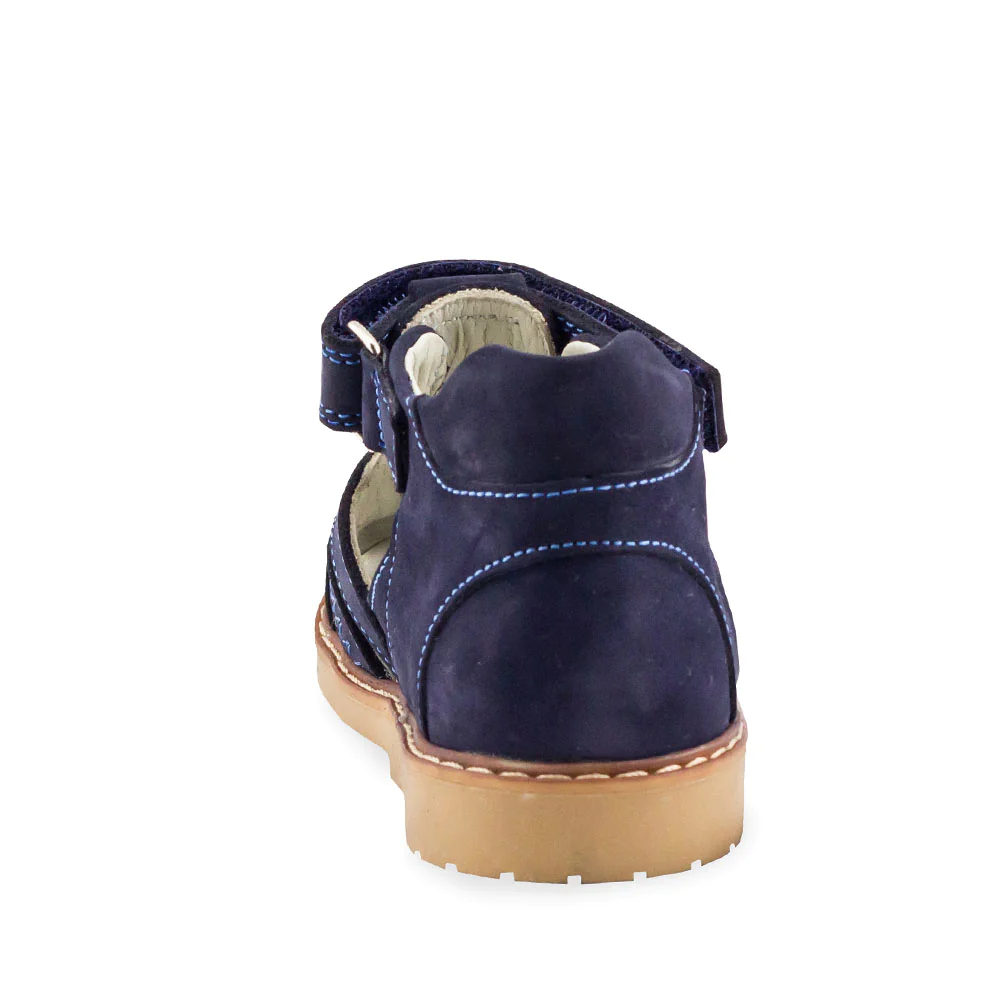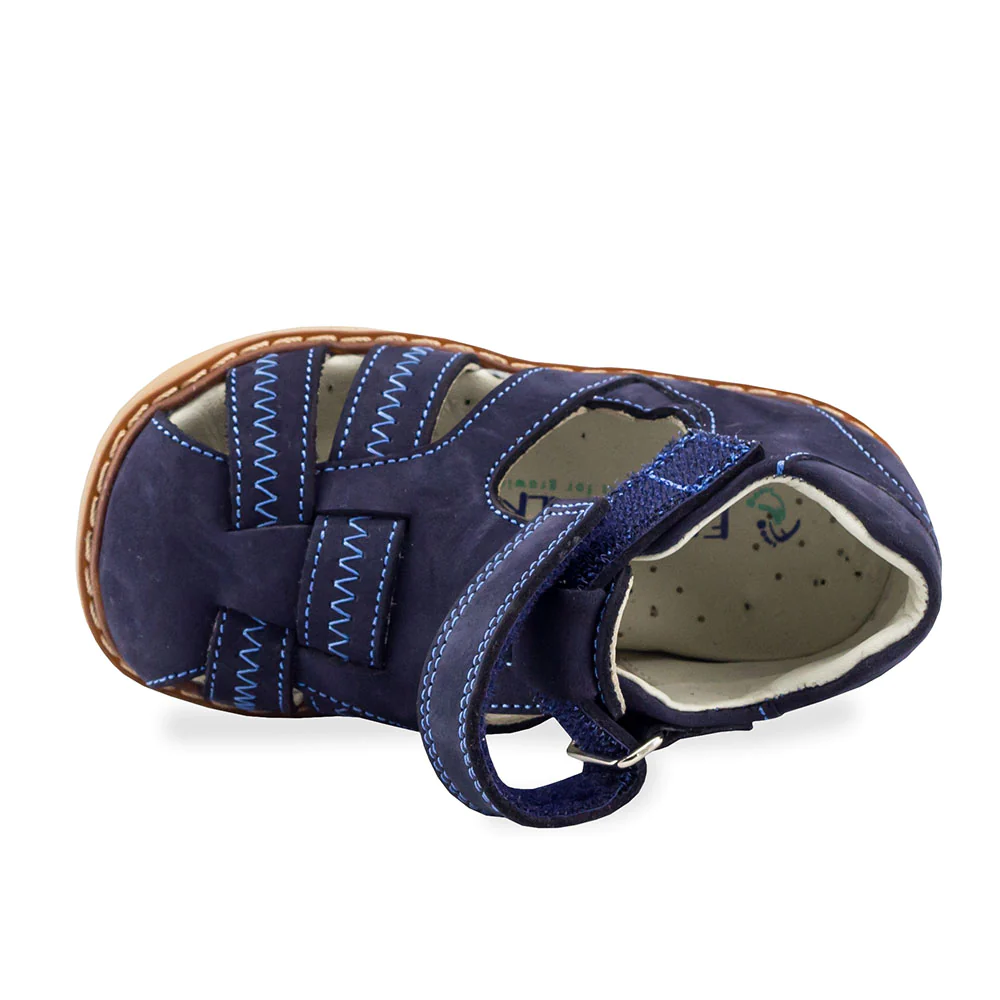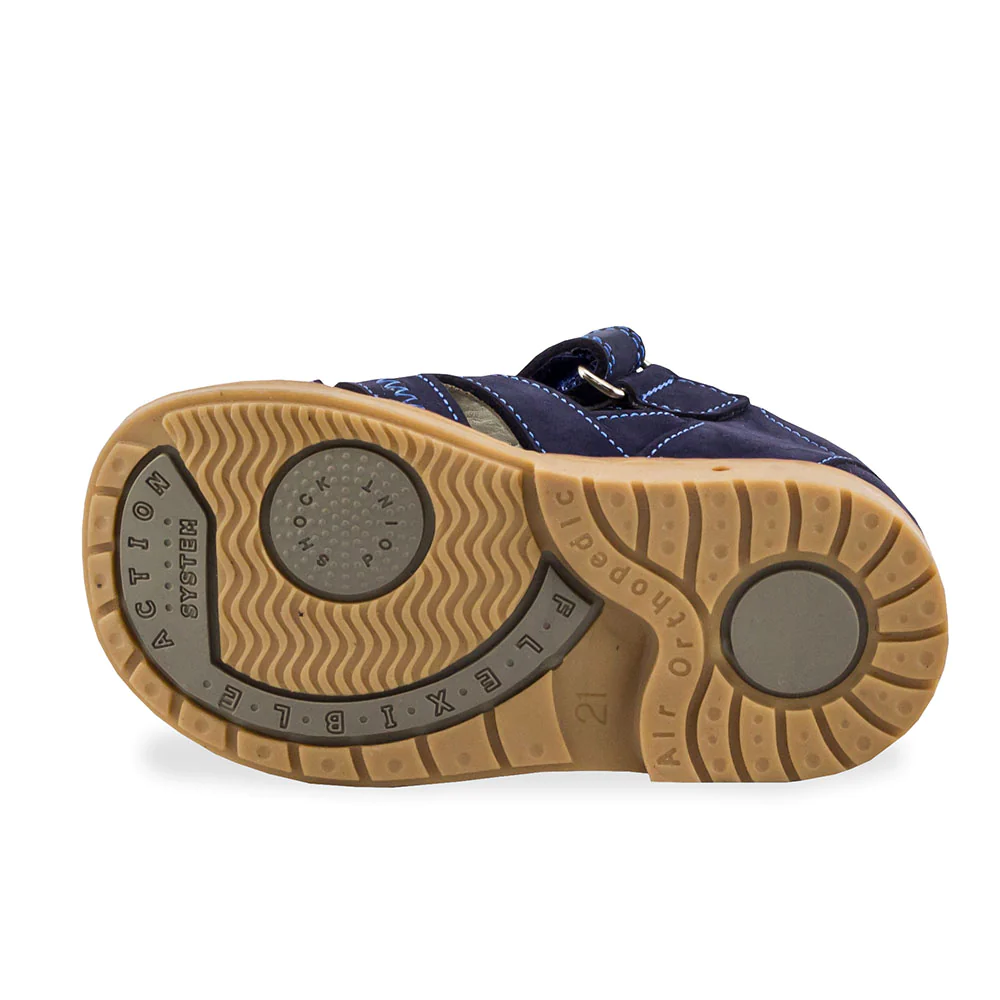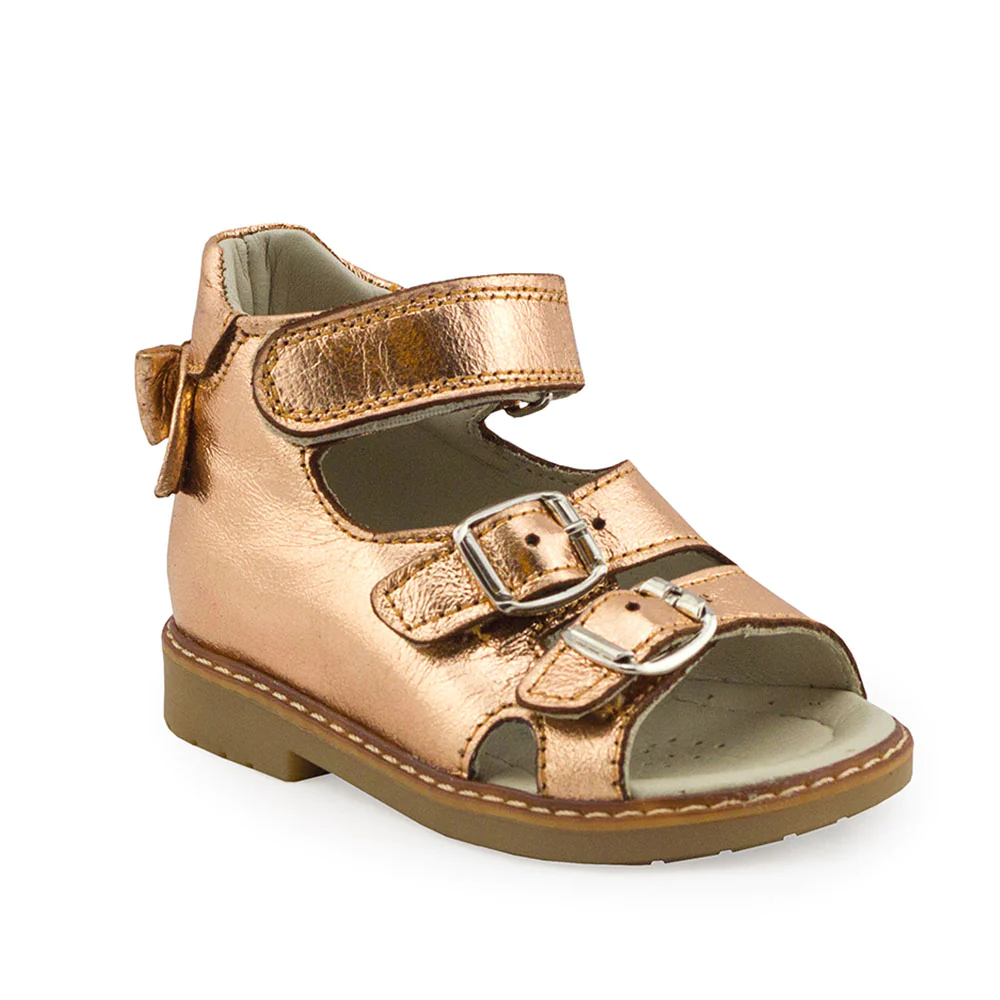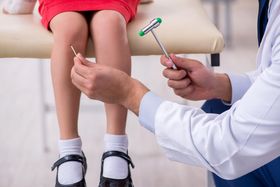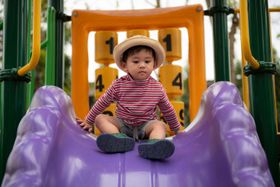5 Best Closed Toe Sandals for Your Baby
Discover the best closed-toe sandals for your baby's comfort and safety, perfect for exploring the world while protecting tiny toes. These stylish and durable sandals offer optimal protection for little feet, ensuring your baby can play and crawl with confidence.
Published September 21, 2024.
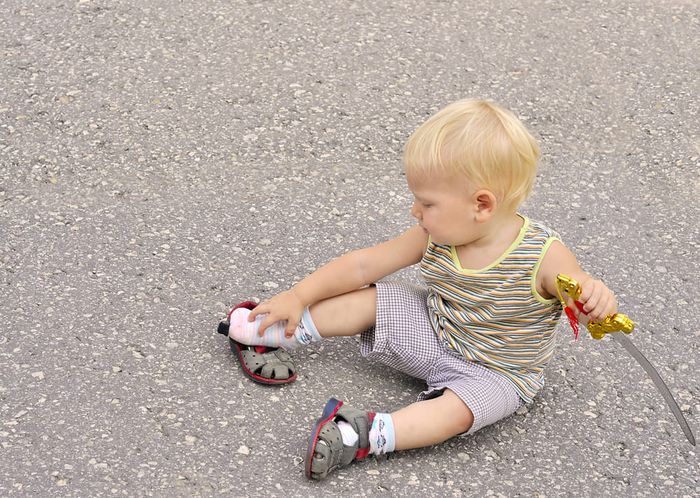
As summer rolls around and babies start to explore the world, parents often face a tough choice: sandals for comfort or regular shoes for safety. Traditional sandals can leave tiny toes vulnerable to injuries, while closed-toe shoes can be too hot and restrictive for active toddlers.
Closed-toe sandals are a practical solution that combines the breathability of sandals with the protection of traditional shoes. They support natural foot development and withstand the rigours of outside play.
By choosing closed-toe sandals, you can ensure your kid's comfort and safety while enjoying the warm weather.
» Explore our extensive collection of closed-toe baby sandals
Our Picks for the 5 Best Closed-Toe Sandals for Your Baby
- Best overall baby closed-toe sandals - Danny Sharp
- Best baby closed-toe sandals for growing feet - Riley Rower
- Best breathable baby closed-toe sandals - Pinkie Annie
- Best versatile baby closed-toe sandals - Rosalina Bloom
- Best durable baby closed-toe sandals - Dandy Dominic
Essential Features to Look for in Closed-Toe Sandals
When buying closed-toe sandals for your baby, choose ones that prioritize healthy foot growth and comfort. Protect their delicate toes from injuries, especially during the early stages of walking. Soft and flexible soles allow for natural foot movement, enhancing balance and coordination.
Breathability helps regulate foot temperature and prevents moisture buildup, while Velcro straps ensure a snug fit as baby's feet develop. For unsteady initial steps, non-slip soles provide necessary traction, while a lightweight design reduces leg strain.
As your little one grows, opt for sandals that are durable yet easy to slip on and take off, encouraging independence. These features collectively promote muscular development, safe exploration, and healthy foot growth.
The material of infant sandals also significantly impacts their comfort and safety. Natural materials like soft leather or nubuck are ideal for their flexibility, breathability, and gentleness against sensitive skin, minimizing irritation. Leather also conforms to the foot, promoting organic motion.
5 Best Closed-Toe Sandals for Baby Girls
How to Care for Your Baby's Closed-Toe Sandals
To keep your baby's closed-toe sandals clean and in good condition, wipe them with a damp towel often to remove dirt and stains. For a deeper clean, use a soft brush and a mild soap solution. Rinse well and let them air dry.
Avoid getting them wet or placing them near heat sources. If they're made of leather or nubuck, use a conditioner to keep them soft and prevent cracking. Regularly check the sandals for wear and tear, and fix any problems promptly to make them last longer.
» Discover the best fabrics for kids' feet
Sandal Safety for Tiny Toes
Choosing the right closed-toe sandals for your baby is essential for their comfort and safety. Consider factors such as material, fit, closures, and style when selecting a pair. Opt for sandals made from breathable, soft materials that won't irritate your baby's delicate skin.
Ensure the sandals fit snugly without being too tight and provide adequate support. Secure closures, like Velcro straps, are ideal for easy on and off. By following these guidelines, you can find the perfect closed-toe sandals to keep your baby's feet happy and healthy.
First Walkers sandals are essential for supporting your baby's developing feet as they begin to take their first steps. These specialized shoes feature non-slip soles, flexible construction, lightweight design, and cushioned insoles to ensure comfort and safety.
Disclaimer: First Walkers' information is intended for educational and informational purposes related to toddler footwear and feet. We encourage you to consider individual circumstances and consult qualified orthopaedists about specific conditions.

